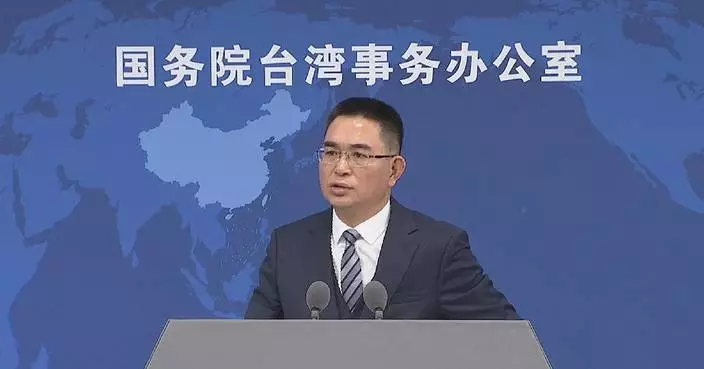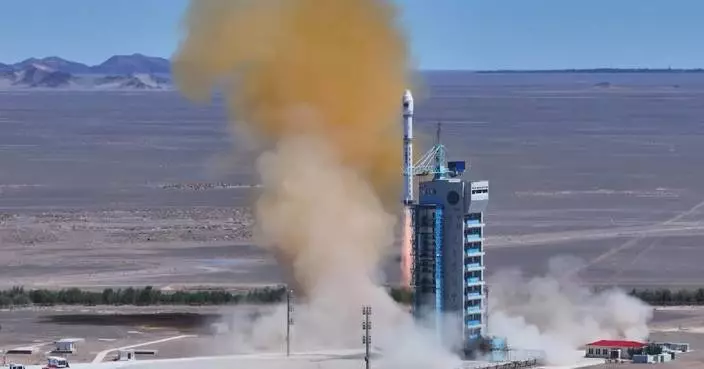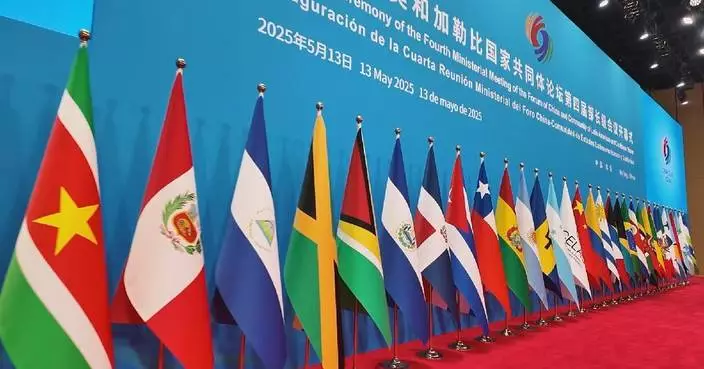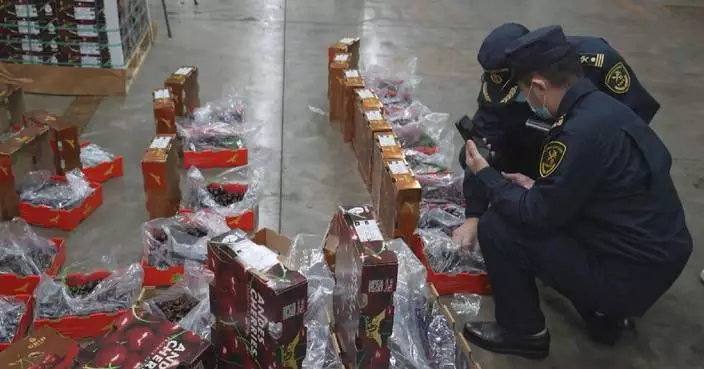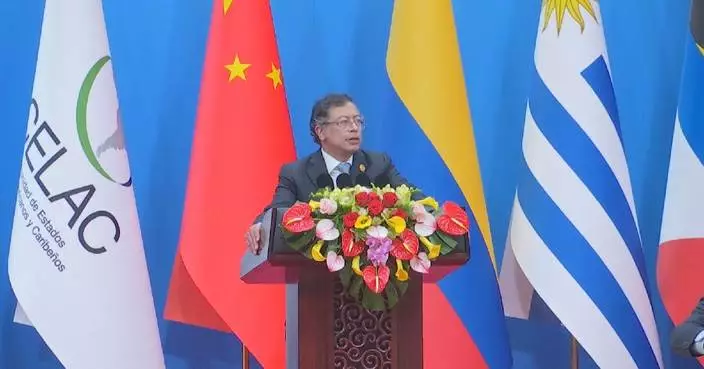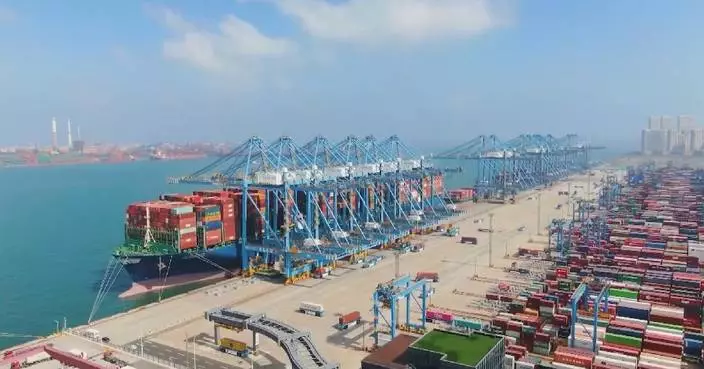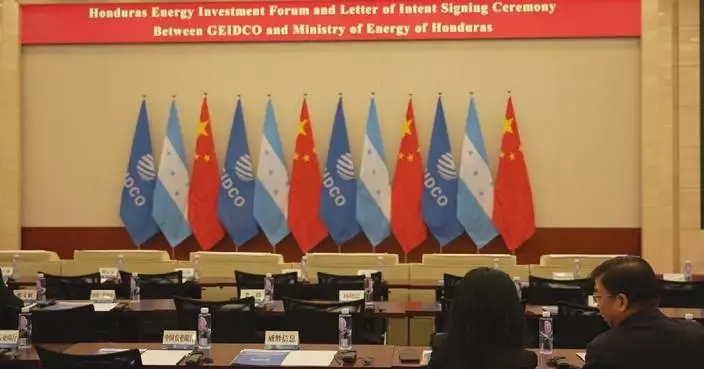The UN Children's Fund (UNICEF) sounded the alarm on Tuesday over the ongoing threat of unexploded ordnance (UXO) to millions of children in Syria.
Speaking at a press conference in Geneva, Ricardo Pires, UNICEF's Communication Manager for Emergencies, stated that last December alone, 116 children were killed or injured by UXO -- an average of nearly four per day.
The UNICEF official said that in the last nine years, at least 422,000 incidents involving UXO were reported across Syria, with half estimated to have ended in tragic child casualties. Currently, around five million Syrian children still live in areas ridden by these hazards.
"It's the main cause of child casualties in Syria right now and has been for many years, and will continue to be because the ground continues to be infested, infested and contaminated. Over 300,000 mines are still spread across the country," Pires said.
Since November of last year, more than 250,000 Syrian children have been forced to flee their homes, according to the official.
With UXO scattered across Syria, the danger to children is ever-present, which has seen UNICEF calling for swift and decisive international action, including accelerated demining initiatives, to protect these vulnerable children.

UNICEF calls for urgent action to tackle unexploded ordnance threat to children in Syria

UNICEF calls for urgent action to tackle unexploded ordnance threat to children in Syria




